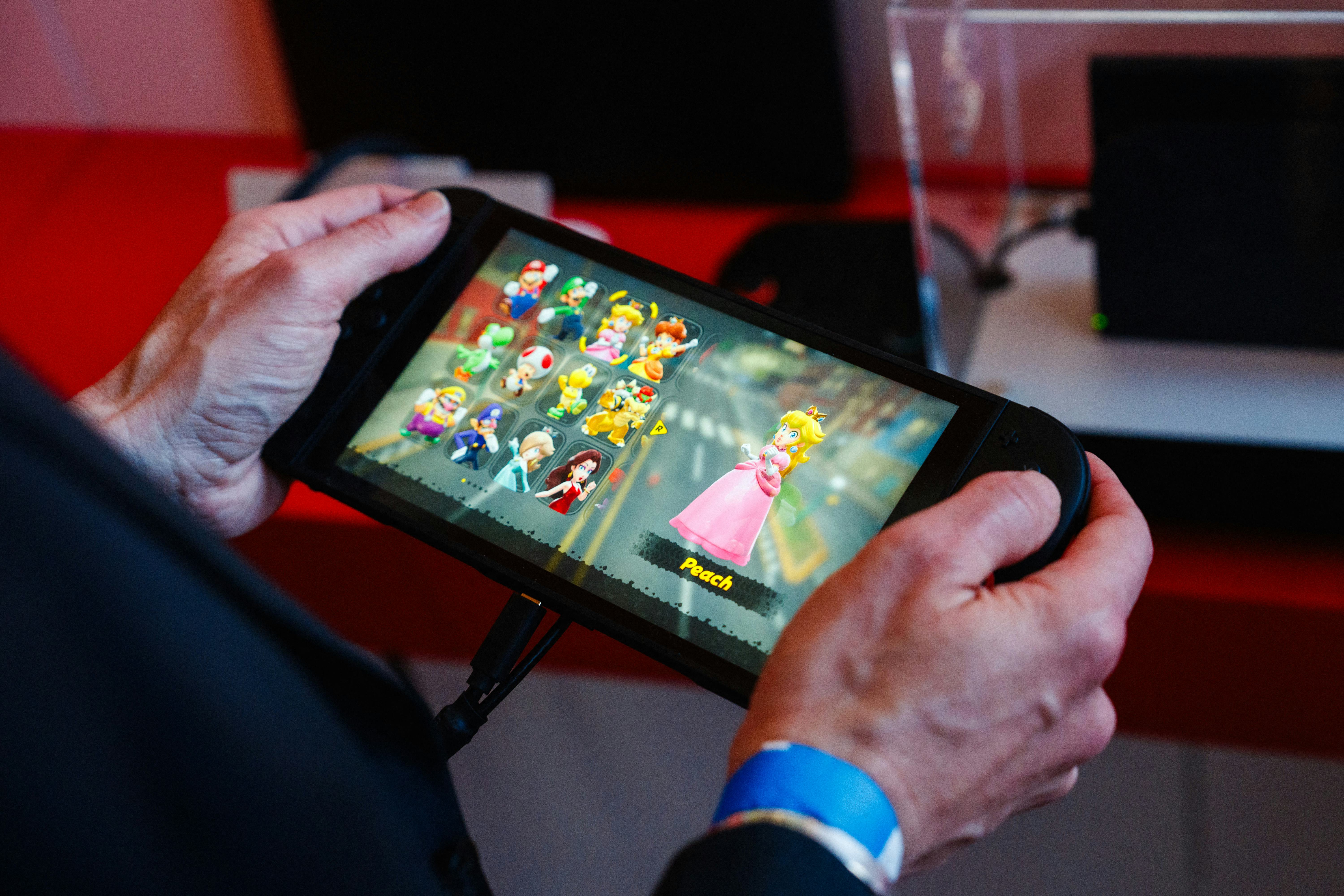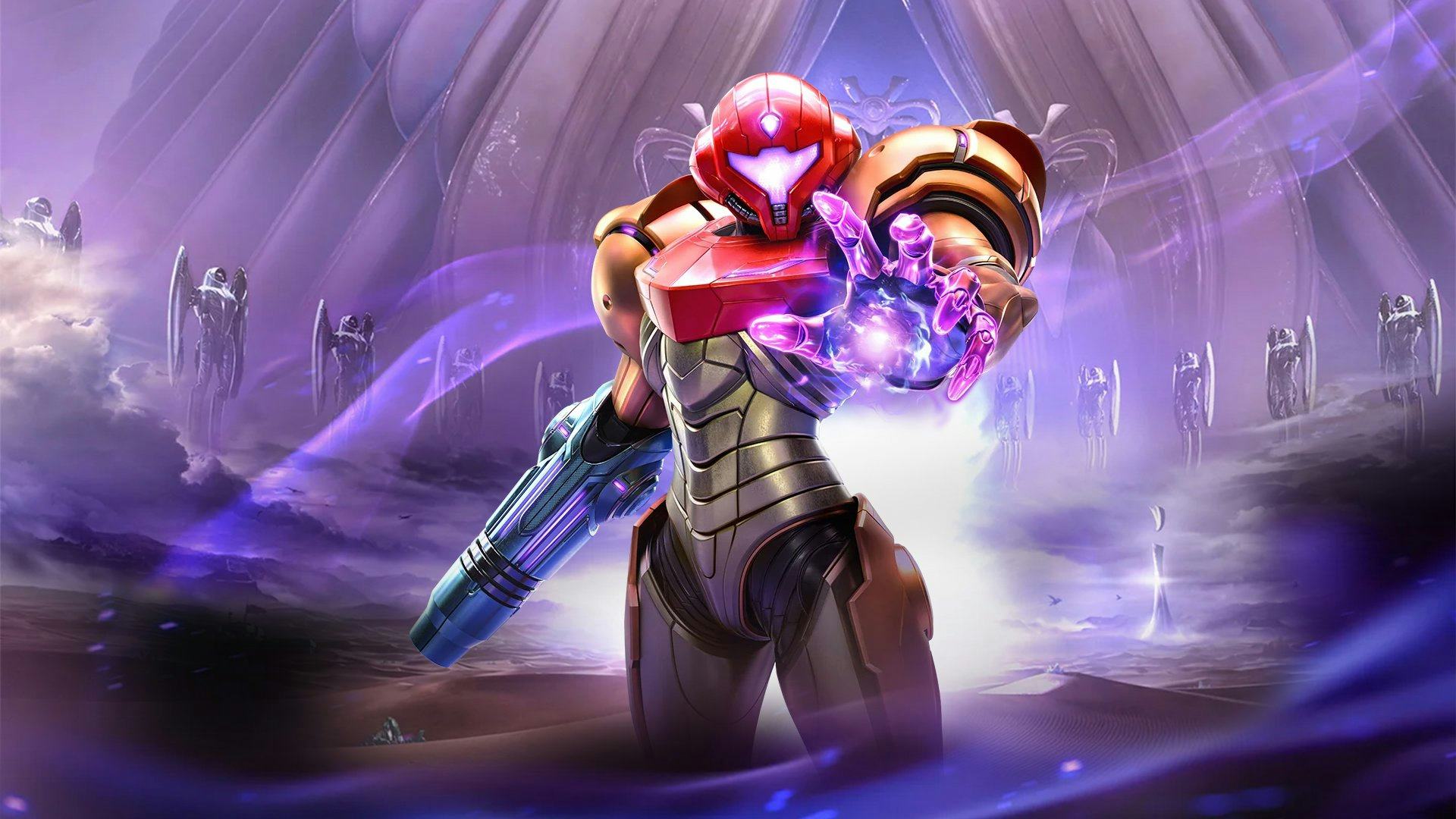
With the launch of the Switch 2, Nintendo ushered in a wave of concern about the rising price of gaming as a hobby. The new console was announced at a higher price than just about anyone was expecting, and it opened the door for first-party games to get more expensive, too. Now, with the approaching end of a program that currently lets players save by pre-paying for two games, Nintendo is eliminating one of the best ways to get a decent deal on its famously never-on-sale games.
For the past few years, Nintendo has offered Switch Online members the opportunity to buy game vouchers. A pack of two costs $100, and they can be redeemed for a digital game within a year of purchase. With most first-party games priced at $60 (except for Tears of the Kingdom, which costs $70), redeeming both vouchers is a pretty significant savings. And Nintendo just announced that it’s ending the program on January 30, 2026.

Players will still be able to purchase game vouchers up until the January 30 cut-off. Those vouchers will then be valid for a full year after purchase, so there’s still a way to get games that release in the following year for a bit of a discount. Nintendo says it will continue to make new games eligible to be purchased with vouchers even after January 30 for those who are still holding onto ones purchased before the deadline. The original Switch versions of cross-generation games like Pokémon Z-A and Metroid Prime Beyond are also eligible for purchase with vouchers.
In some ways, the end of the game voucher program is no surprise. Around the launch of the Switch 2, Nintendo already announced that the vouchers would not apply to any games for the new console. That means the vouchers would become obsolete at some point, as Nintendo eventually phases out original Switch games, but the change is coming sooner than owners of the original console may have expected or hoped. Nintendo president Shuntaro Furukawa has also spoken about the impact of tariffs on the price of Switch 2 and its games, saying that they didn’t affect the price of the console, but could affect Nintendo’s decisions down the line.
“If the assumptions on tariffs change, we will consider what kind of price adjustments would be appropriate, taking into account various factors such as the market conditions,” Furukawa said in an investor call, according to GamesIndustry.biz.

That doesn’t mean that adjusting for tariffs led to the end of the game vouchers program, but it should signal that Nintendo could be even more conservative on discounts it offers.
To make matters worse for Switch fans, this isn’t even the first discount program Nintendo has ended in recent months. Until March, players would earn five percent of their digital game purchases on the eShop as gold points, which could be applied directly to the cost of new games. Especially for people who made a lot of eShop purchases, the rebate could add up to a pretty hefty discount over time. But Nintendo discontinued it just before the Switch 2 became available, and as with the end of game vouchers, it isn’t saying specifically why.
It’s entirely possible that Nintendo could introduce a new discount program for the Switch 2, but there’s no signs it’s doing so just yet. Nintendo’s gold points and game vouchers were unique to the console, so it may not be surprising that it’s doing away with discount programs that none of its competitors offer, but Nintendo is also notorious for its aversion to sales on first-party games. And where PlayStation Plus and Xbox Game Pass offer ways for owners of those consoles to get a large collection of classic and relatively new games cheaply, Nintendo’s own classic library available through Switch Online is much more limited.
The change also comes at a time when gaming as a hobby is getting more expensive across the board. Xbox Game Pass itself had a recent price increase, while some developers are calling it both a bad deal for their studios and unsustainable for Xbox itself. Nintendo may be just one part of a trend toward more expensive games, but it couldn’t have come at a worse time.







